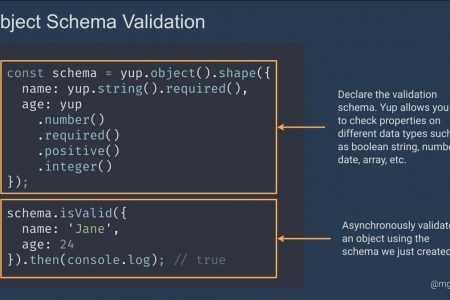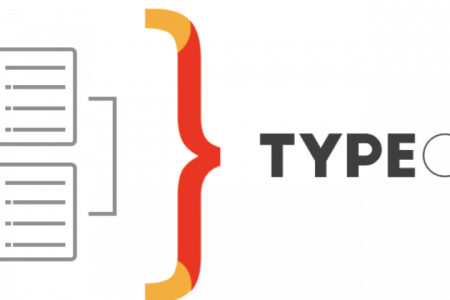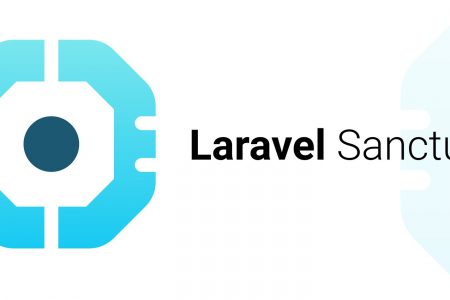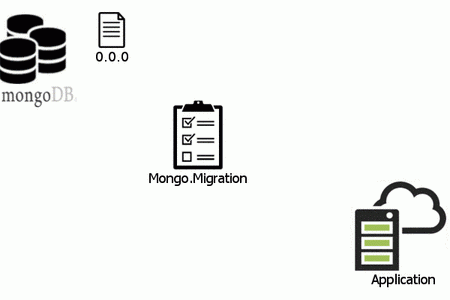New version of XDebug released, which supports PHP8. Main concern for us is XDebug settings are changed.Old XDebug2 settings in php.ini can not be used for XDebug 3 and XDebug will not work. Please check in more details about the changed parameters here. https://xdebug.org/docs/upgrade_guide








